
Presented by JamX
You can’t use up creativity. The more you use it, the more you have.
Maya Angelou
🐾 Pickle Delicious: Podcast Companion of the Week
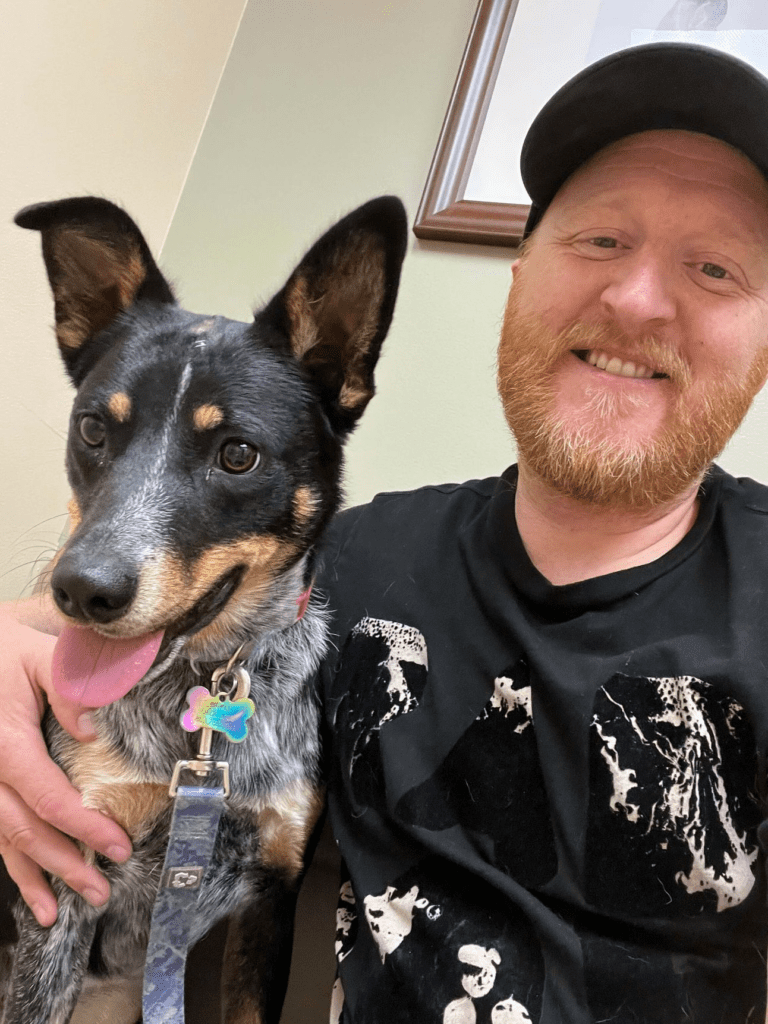
This handsome pup is Pickle Delicious. When his dad, Blair Hodges, is interviewing guests for his podcast, Pickle is at his side. “If she's in the yard or other places in the house she's almost guaranteed to bark,” Blair says. “But when she's with me, not a peep. She also likes to hang out while I edit.”
In Family Proclamations, Blair interviews best-selling authors and award-winning researchers about family, relationships, gender, sexuality, and more.
📸 Do you have a pet who’s also your podcast companion? Send an email to noisegate@podcastmovement.com with a photo and a bit about them (and your podcast) for a chance to be featured in a future issue.
Industry game changers and valiant minds from creative professions share their wisdom, adversities, and paths to innovation.
🎙️ Signal Flow: EVEN MORE Podcast Wisdom from Industry Pros

We’re back for another round of podcast wisdom! This week, we dip into The Noise Gate archives to revisit some of the best creative secrets and advice, straight from the pros themselves.

My challenge was…how was I going to convey this tangle of things I felt inside that I wanted to communicate in this project, and the vision that I had for it in terms of its tone and style?
The show is about belief and belonging. The magic was seeing other people get hooked into this world, who may not have shared the same religious or cultural experiences the subjects were enmeshed in, but could connect with the story in other aspects of their own lives.
My original plan was to be the voice, a narrator that tells this story as I investigate what really happened to Alana. We ended up cutting together three episodes and having a feedback session with folks whose opinions we trusted. We got them in a room and had them listen to all three episodes and just had a freeform conversation about feedback. And the overwhelming consensus was: Who’s Simon? What are his stakes? What’s his story? That really opened my eyes to the necessity to inject more of myself.
I had been prepared fully to take a lot of my stories and secrets to the grave. But after hearing that feedback, it was like, okay, people do need to know who I am. And so that led me to progressively disclose more. And that was a journey.
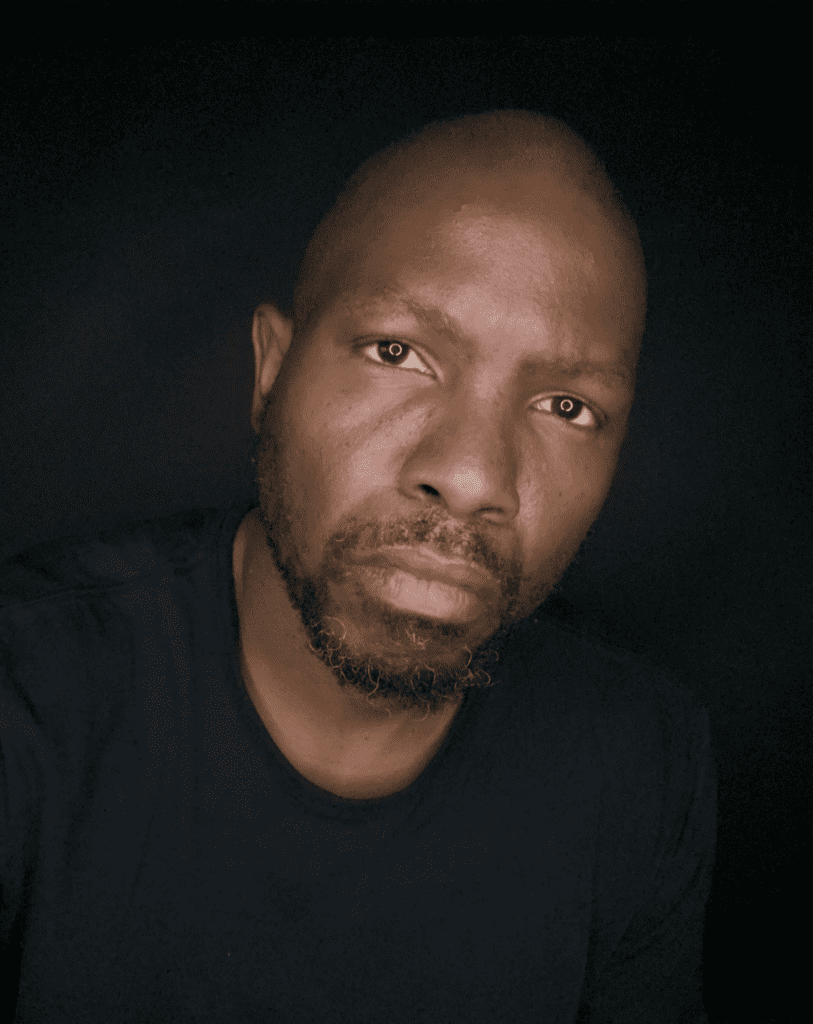
There’s an infinite number of stories in the world, but a great one is hard to come by.
Everything you write, whether or not it gets published or broadcast, is part of a continuing process of you doing this thing forever. Having a career as a writer is a long haul. Make it a little bit easier on yourself by building a discipline. Learn how to just sit down and start.
Though I’ve been writing most of my life, I still find writing somewhat excruciating. But the most satisfying moments are when I make myself laugh.
I think story structure is the most challenging part. That's why editors are in such short supply and high demand. You have a few geniuses out there, like Julie Snyder, Ira Glass. There are a few people who can structure a story no matter what it is.
Part of the reason I think structuring a story is difficult is because, in some ways, it's subjective. Even if a particular structure works, there is always conceivably another way it could be done. And it can be hard to know what the right way is.
What's your filter? What's your perspective that makes your story different?
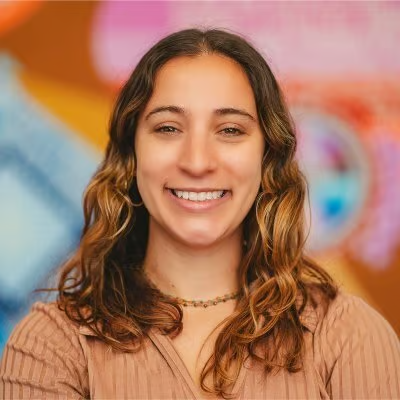
I think stickers or QR codes are underrated at places where your ideal listener is likely hanging out. If you have a beer podcast, become friends with a nearby brewery and ask if you can put QR codes in their bathrooms. Or maybe you can sponsor their napkins for a month, then sponsor their coasters and koozies for a month. It doesn't necessarily have to be a monetary exchange. Maybe you give them shoutouts on your podcast, and in exchange, they put you in their newsletter.
An example of smart audience engagement is this podcast called How to Do the Pot. It's geared toward women interested in cannabis entrepreneurship, legal recreational consumption, medicinal uses, all that kind of stuff. What the host Ellen Scanlon does really well is she asks her listeners to call in with a two-to-five-minute voice clip sharing the first time they bought legal weed. She takes those stories and turns them into episodes for her show, and she can also repurpose them for social media.
If I ever feel like I don't have any ideas, I listen to How I Built This or something to do with entrepreneurship or creativity or science to give my brain a break.
(continued below)

Every month, JamX introduces 24 million listeners to new podcasts. Using contextual podcast discovery, the JamX player gives you a window to a high-intent audience, so you can be discovered by listeners consuming content around your niche. And did we mention it’s 100% free for podcasters? Sign Up Now.
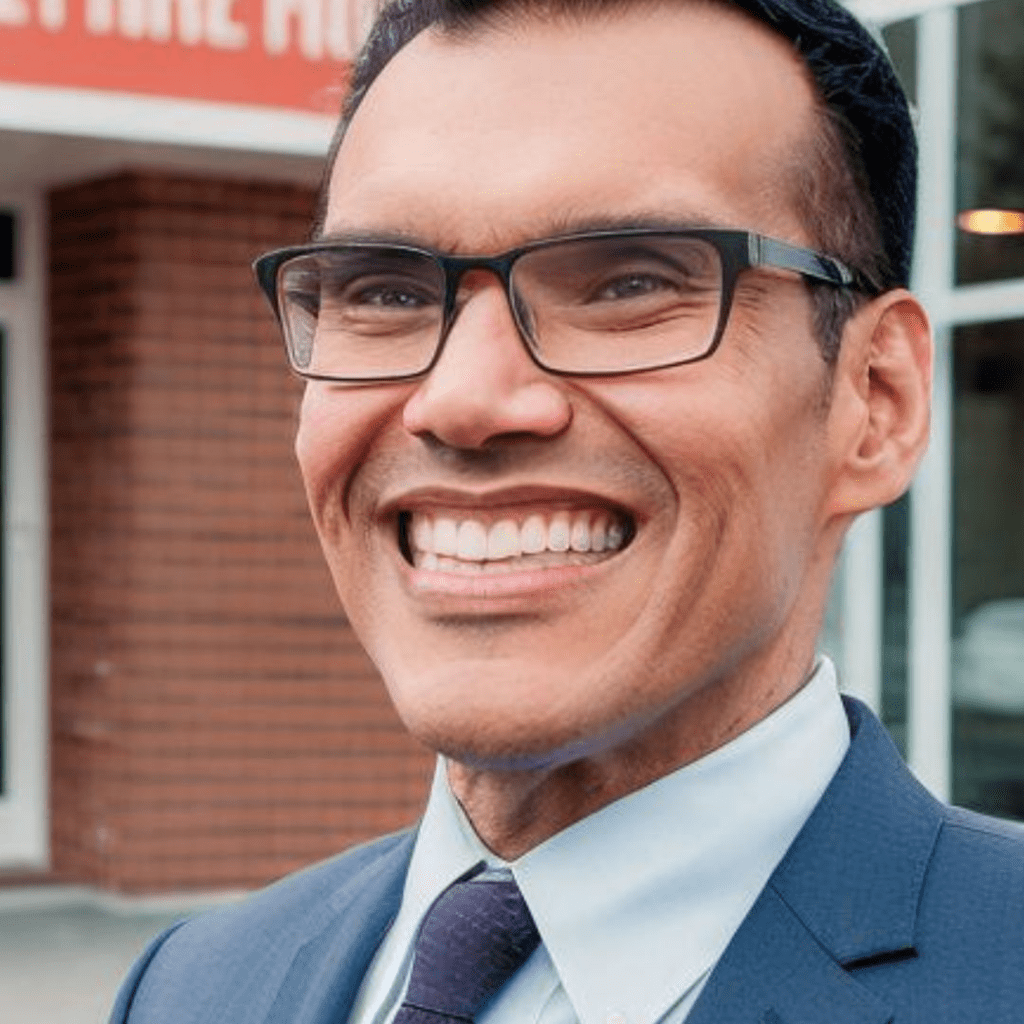
Marshall Ganz, the legendary speechwriter for Barack Obama and many others, has a style of speech writing—the story of self, the story of us, and the story of now. It’s very similar to public radio, where you understand this person's story, how it relates to you, and how it relates to the context of the world around us. And public radio has mastered that for many, many years.
If you’re a podcaster who's curious about getting into broadcast and partnering with public radio stations, there are some things you need to be familiar with. FCC rules, first and foremost. You need to know the rules because you don't want to show up at a station and not understand what those mean. Product placements as profanity, all these other things will earn the station, and earn you personally, a very sizable fine from the FCC if it goes out across the air.
Also, know what a broadcast clock is. If you're not familiar with what a broadcast clock is, Google “NPR network clock.” Every program on broadcasts, particularly for public radio, abides by a broadcast clock. Which means that with every program, there are signposts where there are news breaks or breaks stations take, there are different kinds of segments that your podcast needs to be structured around. And you need to be able to meet those breaks precisely because a lot of stations work with automation. They've got underwriting spots, they've got traffic, weather, they've got local audience services that need to be there, and station IDs.
When you pitch your show, be able to articulate what your brand is—who you are and what you are. So that a program director understands it in 15 seconds, because most of our inventory for announcements and promotions are 15 to 30 seconds. You need to be able to articulate what your brand is, what the program is about, and how it touches on what public radio audiences are interested in.
You’ll also need data about how many people listen, how long they spend listening, what kind of demographics you have, etc. You need to be able to tell your own story in a way that helps a station understand what kind of value you bring.
And finally, there’s episode length, season length, and budget. Maybe you only want this for a four-episode special. Or 52 weeks a year, every year for the next 20 years.
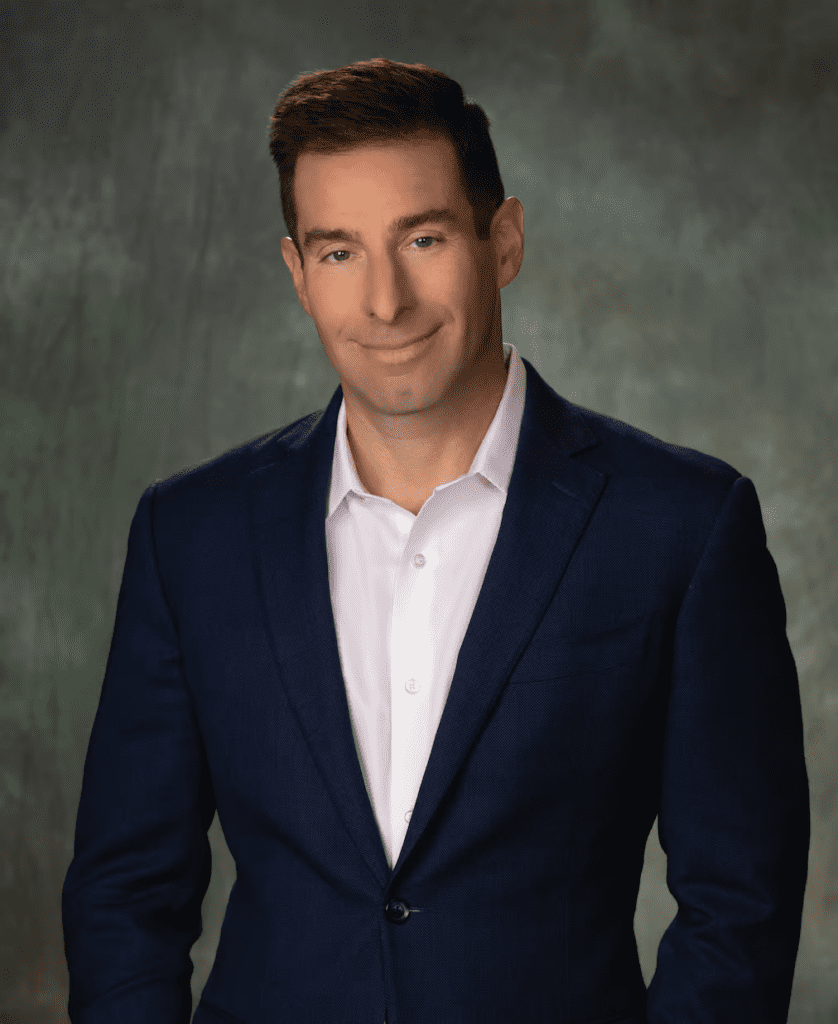
The pressure in the courtroom is way, way higher than in a podcast. Because the stakes are so real. And it's all live, it's all on the spot. In podcasts, we have the gift of editing. They're similar in the sense there’s the pressure to tell a compelling story in a compressed timeframe.
My work as a prosecutor helped me be a better interviewer for podcasts. You learn to ask the relevant questions, you learn to challenge people, you learn to phrase questions in a way that avoids boring or non-committal answers.
I definitely prefer podcast interviewing over courtroom interviewing. It’s liberating. The rules of evidence are designed to very carefully filter out information from a jury because we don't want jurors ruled by passion, prejudice, or emotion. But those same things are crucial to real-world storytelling.
But I still have that little voice in my head. In court, you can't really ask about emotions, unless maybe it’s a victim and fear is an element of the case. So you can't ask the mother of a murder victim, how did you feel when you found out your son was murdered? You would absolutely ask that on a podcast, but that would be wildly objectionable in court.
There's a fundamental skill that trial lawyers and prosecutors learn, which is taking a complex mass of information and presenting it in a way that's digestible and engaging. That's what you do when you stand up and address a jury. It’s very similar in podcasting.
The number one rule for interviews, in court or in podcasting, is preparation. You need to know everything about the person and their connection to the topic at hand.
We were trained as prosecutors to have one thought or idea per question. The technical term for it legally, if you do the opposite, is called a compound question. Let’s say you ask, “Were you in New York City on March 14th and did you witness a traffic accident?” That's actually two questions. A compound question is confusing for the interviewee and the audience. It also allows the interviewee to either dodge or collapse or answer only whichever part they want to answer. So one thought per question, and ask short, direct questions.
A nice little tactic is if you get a non-responsive answer or a sarcastic answer—just repeat the question.
🎧 Podcast of the Week: That Chapter Podcast
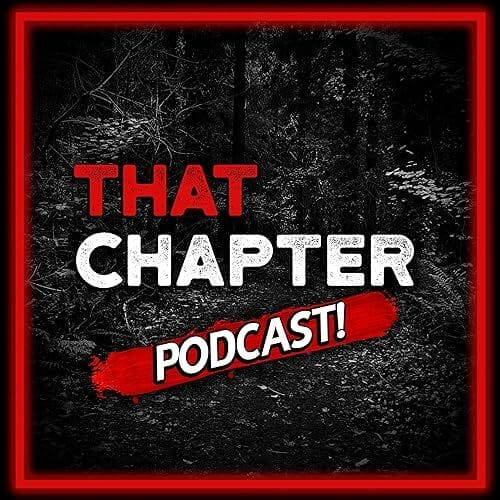
I became obsessed with That Chapter’s YouTube channel last year and have since watched almost every video in Mike’s library. The podcast version of his channel presents new, unheard stories—this time with a co-host.
I’ve yet to find another true crime podcast that presents stories in such a digestible, intriguing way (his Irish accent is also a bonus to the ears). It doesn’t hurt that Mike brings his signature humor to drip some levity into the dark stew of stories. If you’re interested in true crime, I can’t recommend both his podcast and YouTube channel enough.
🥾 Further Exploration
Ira Glass is at it again, offering practical tips to elevate your reporting and craft narratives that captivate your audience.
Enjoying The Noise Gate? Why not share it with a fellow podcaster?
Until next time, have a bold week.
– Doug
For advertising information, contact Kristy at kristy@podcastmovement.com

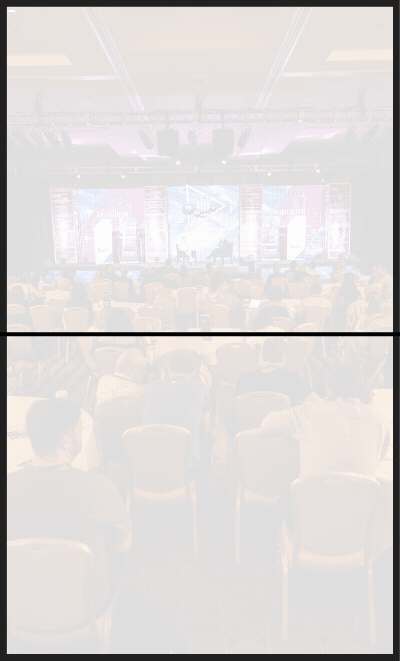


Join the Movement